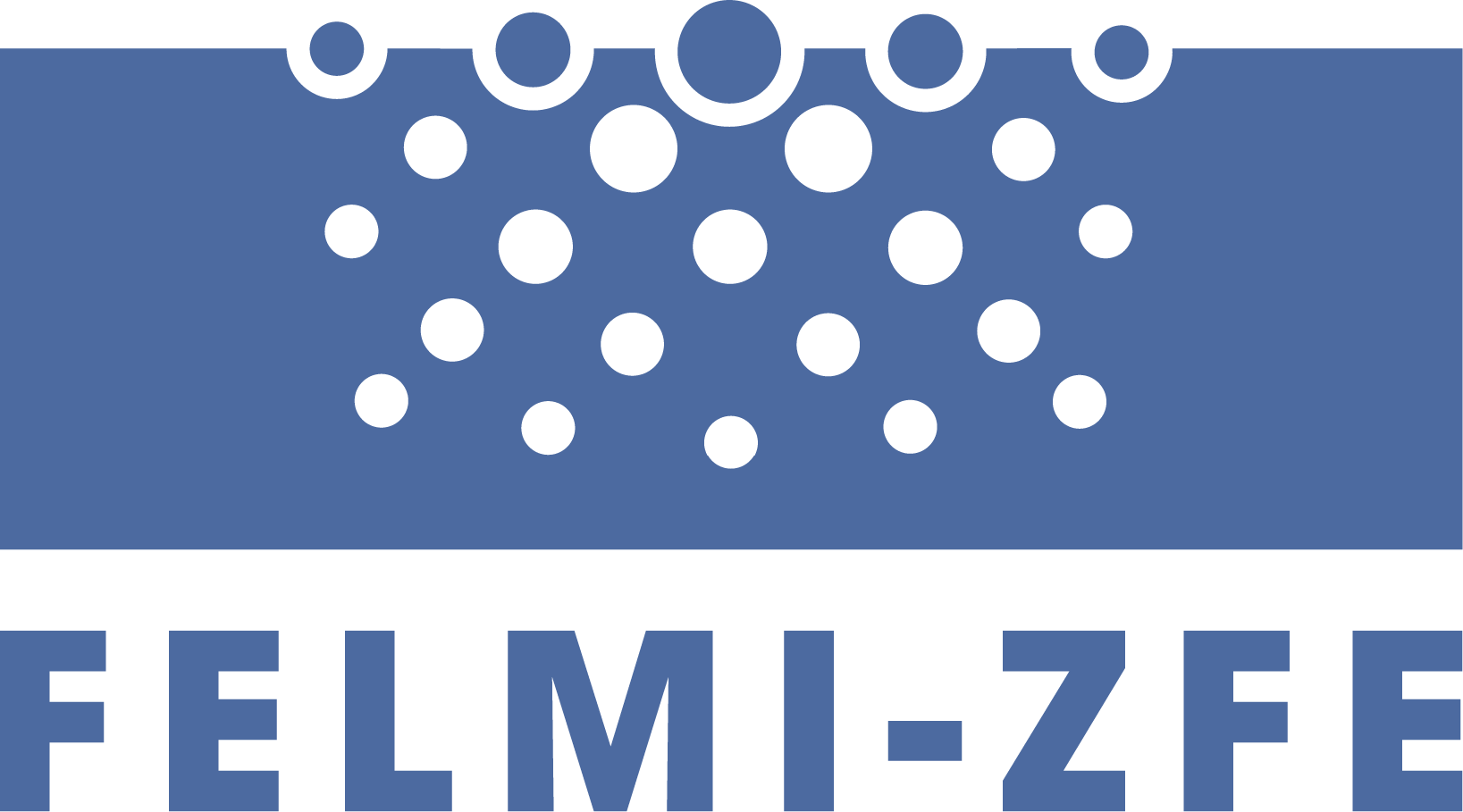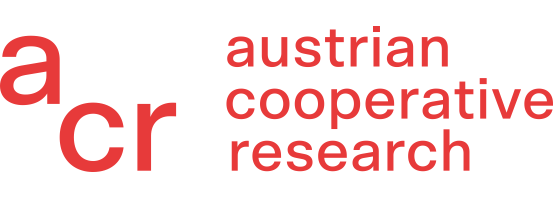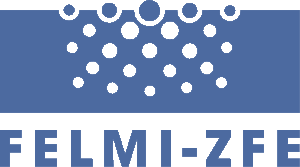The UN sustainable development goals consist of 17 points, where each goal is as important as the other one to reach a protected and equalized living on earth. Every single step to a more sustainable and environmentally friendly helps paving the way to a healthier and more preserve future for the planet as well for the people. Finding ways to use local resources and introduce more energy efficiency technologies is the core of the ACR founded project “BioProfit”. The collaborative initiative involves five institutes – AEE-INTEC, ZFE, IWI and LVA – collectively led by GET. The primary objective of this project is to devise efficient methods for the profitable utilization of residues generated by biogas plants, which currently incur significant disposal costs. These residues, constituting 90% water and containing valuable nutrients such as nitrogen, phosphorus, and potassium, are conventionally employed as field fertilizer. However, the separation of solids and liquids, water treatment, and nutrient distillation pose considerable expenses and energy demands for most biogas facilities, particularly in the context of nitrogen removal using traditional techniques.
This project introduces a new economical solution: membrane distillation. Ammonia present in the residues is dissolved, flows through a membrane, and is bound as ammonium sulfate in the permeate. The final products include purified water, suitable for reuse in processes, and ammonium sulfate, serving as a biologically sourced fertilizer additive. That the membrane is capable to be applied for many years without their need of replacement, we at the FELMI-ZFE are using our high-end equipment in novel correlative approach. Images below showing exemplary one used technique, which reveals the element distribution of membrane debris after long term testing.

BSE image of membrane surface

S – element distribution

N – element distribution

P – element distribution
When the final product is combined with the separated solids, valuable humus is produced, offering not only fertilization benefits but also the permanent sequestration of CO2 in the soil, potentially tradable as a CO2 certificate. This closed-loop system is designed to bring advantages to mid-sized biogas producers, soils, climate, and energy sovereignty. A step towards a sustainable future!
Involving institutes
Funding
For further information:

Dr. Mag. Manfred Nachtnebel
Key-Account-Manager – Umweltanalyse/Bausektor
Tel. +43 316 873-8831
Contact me









